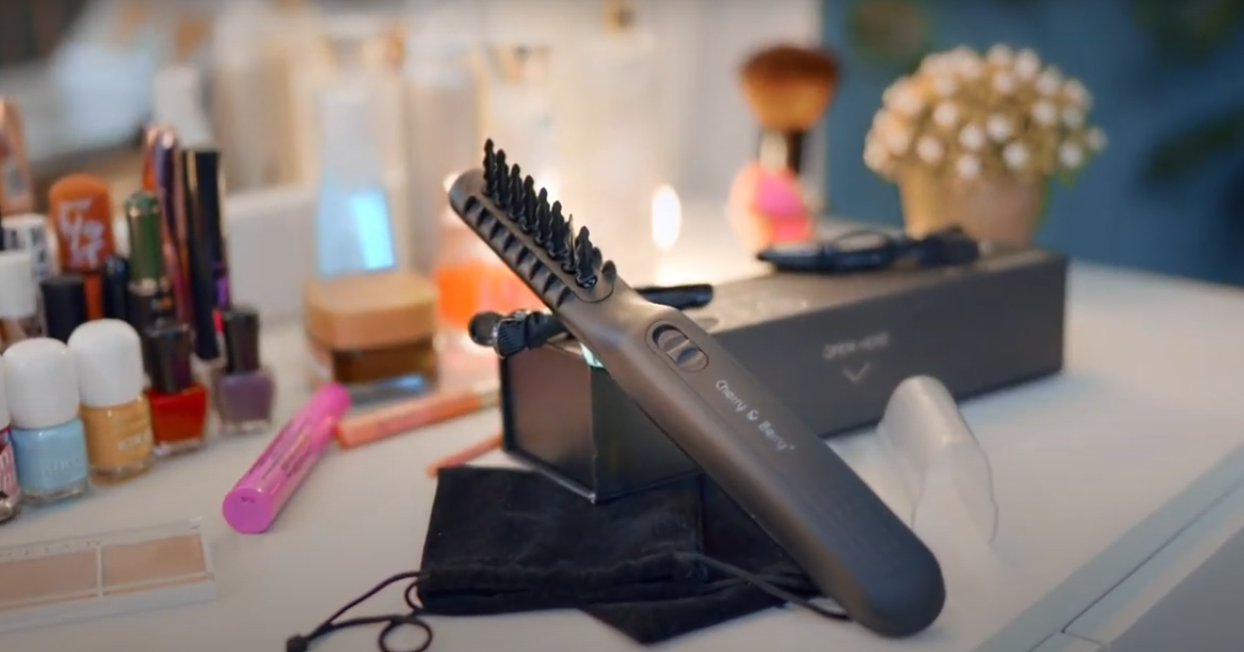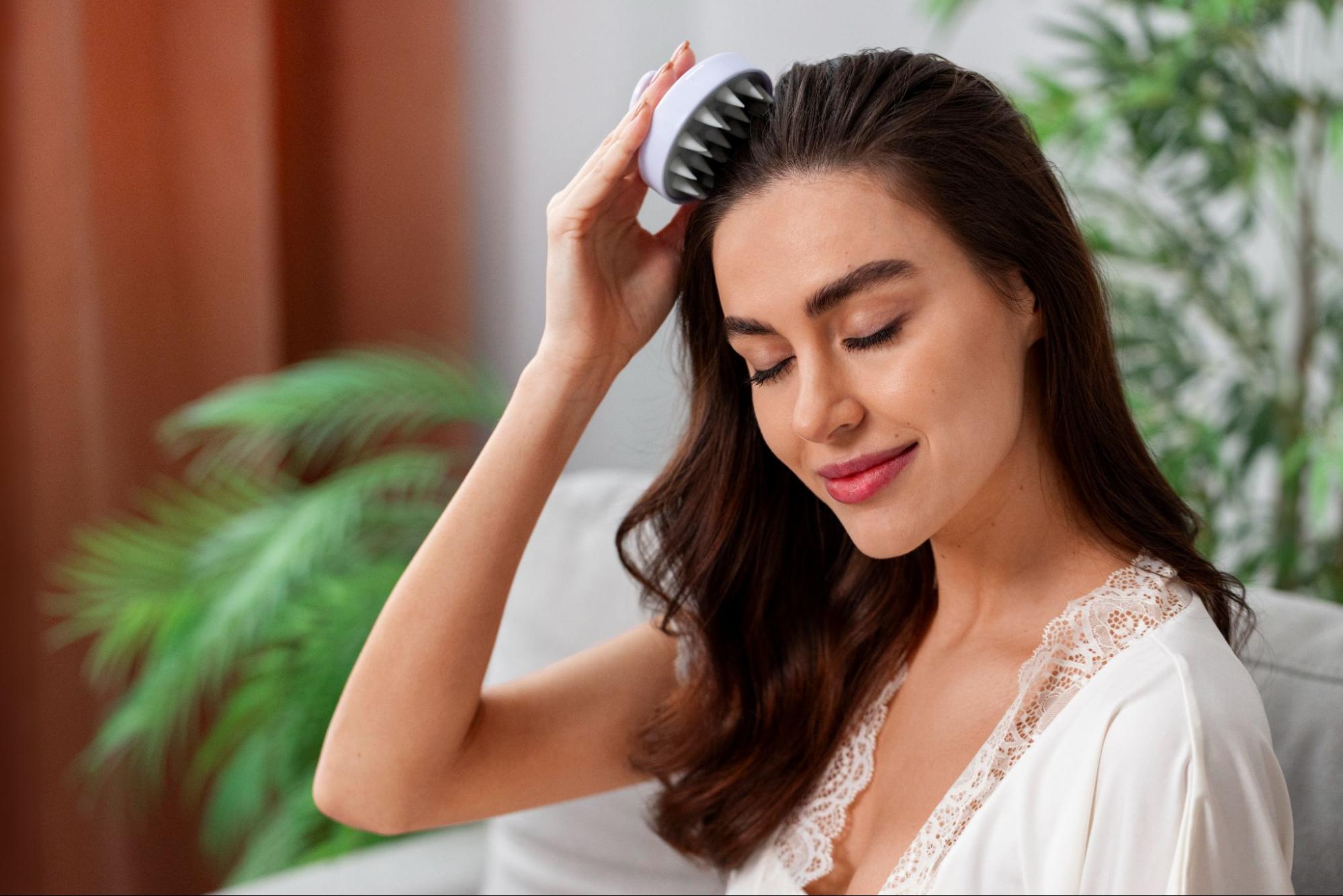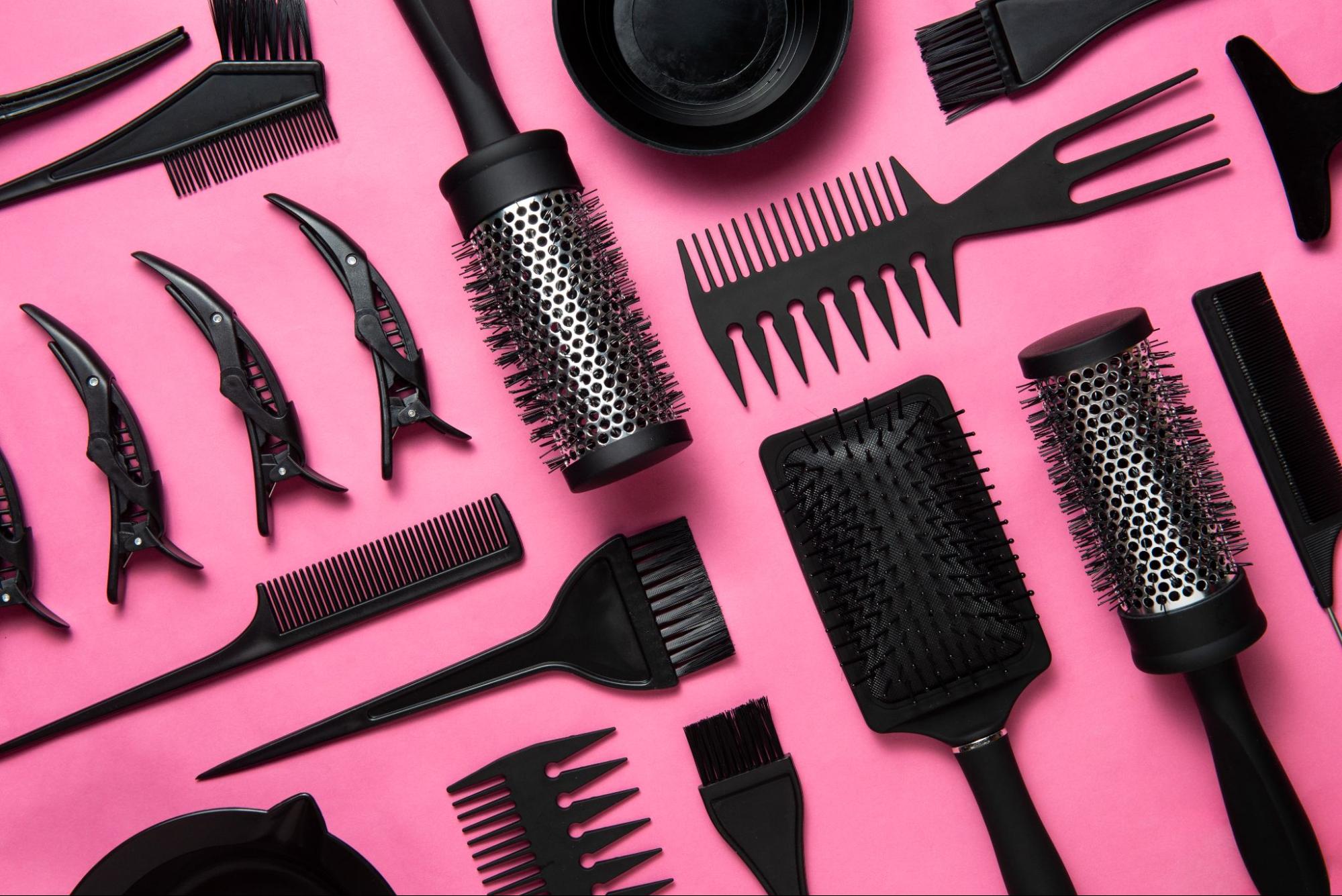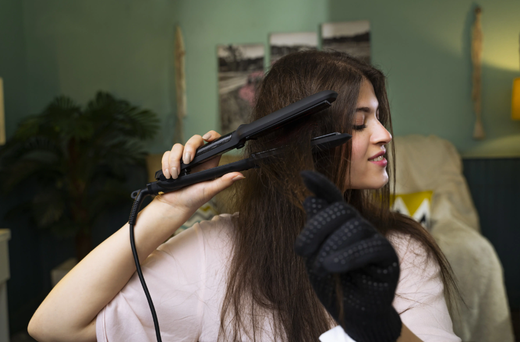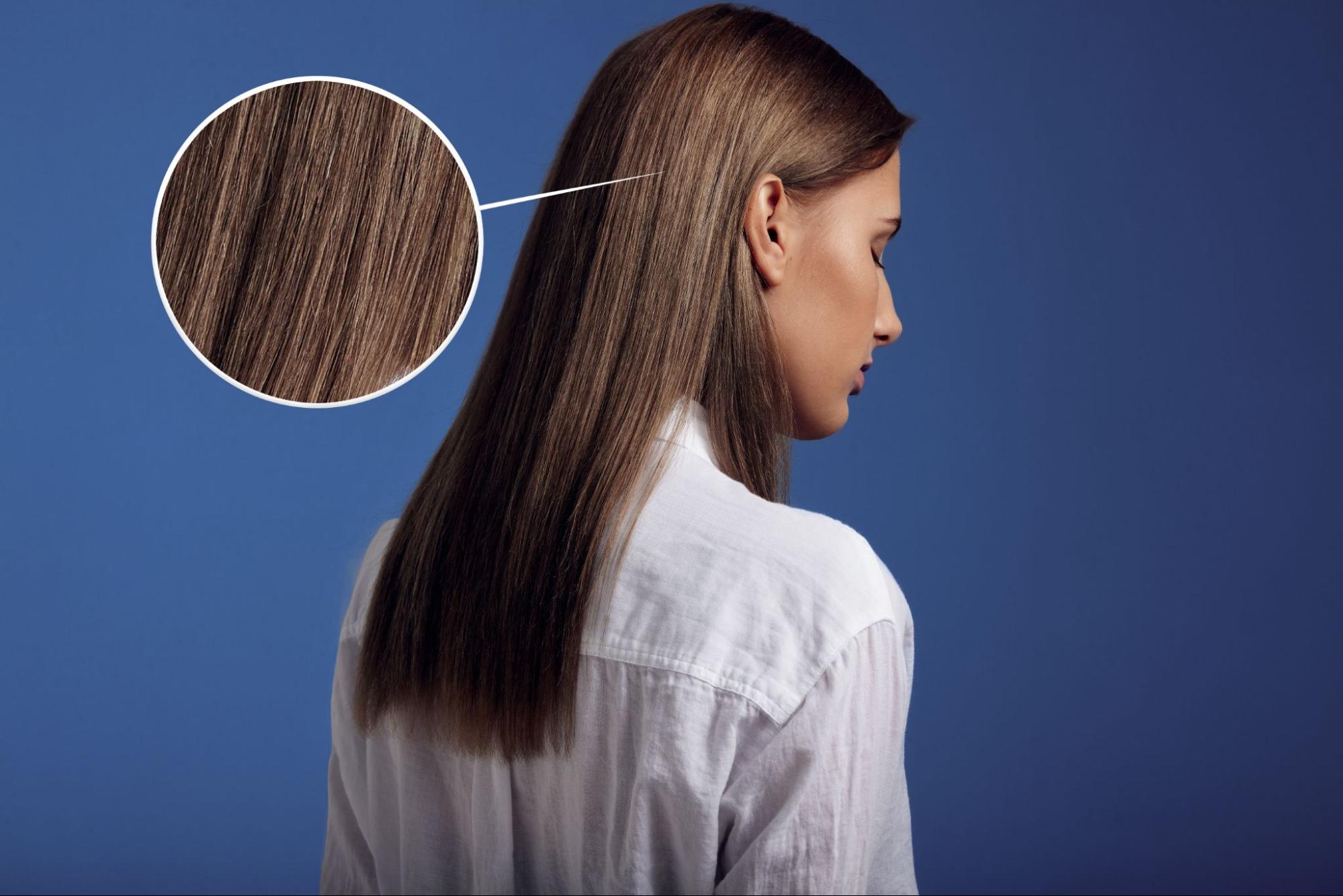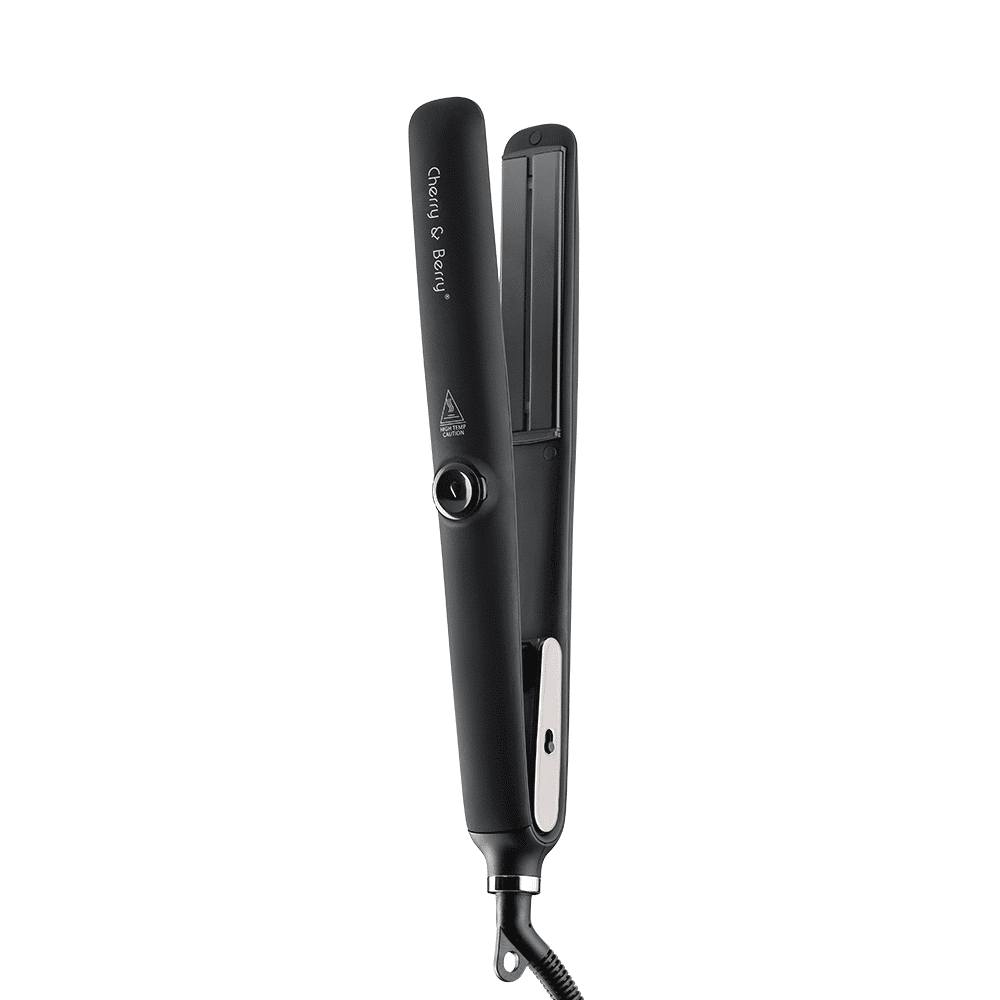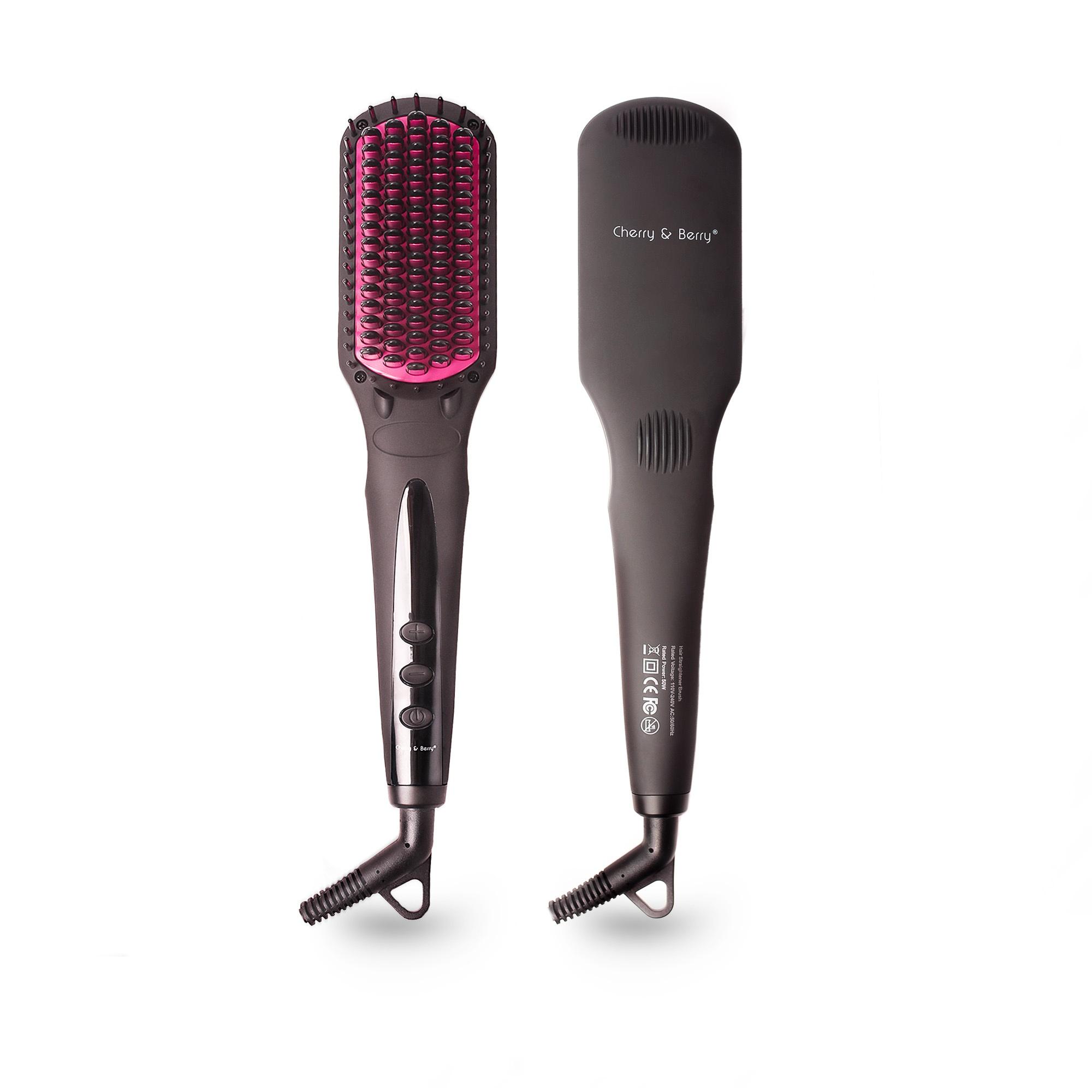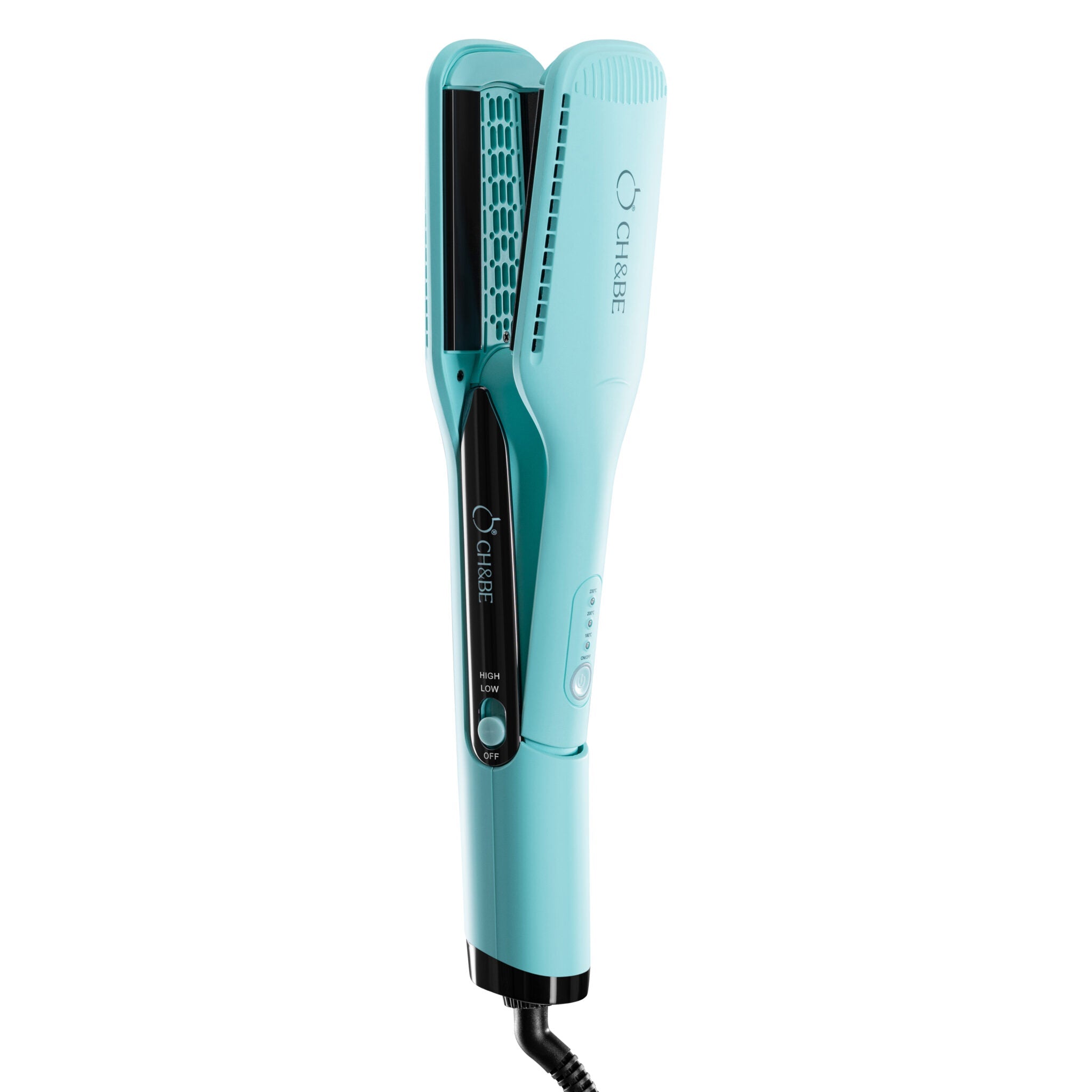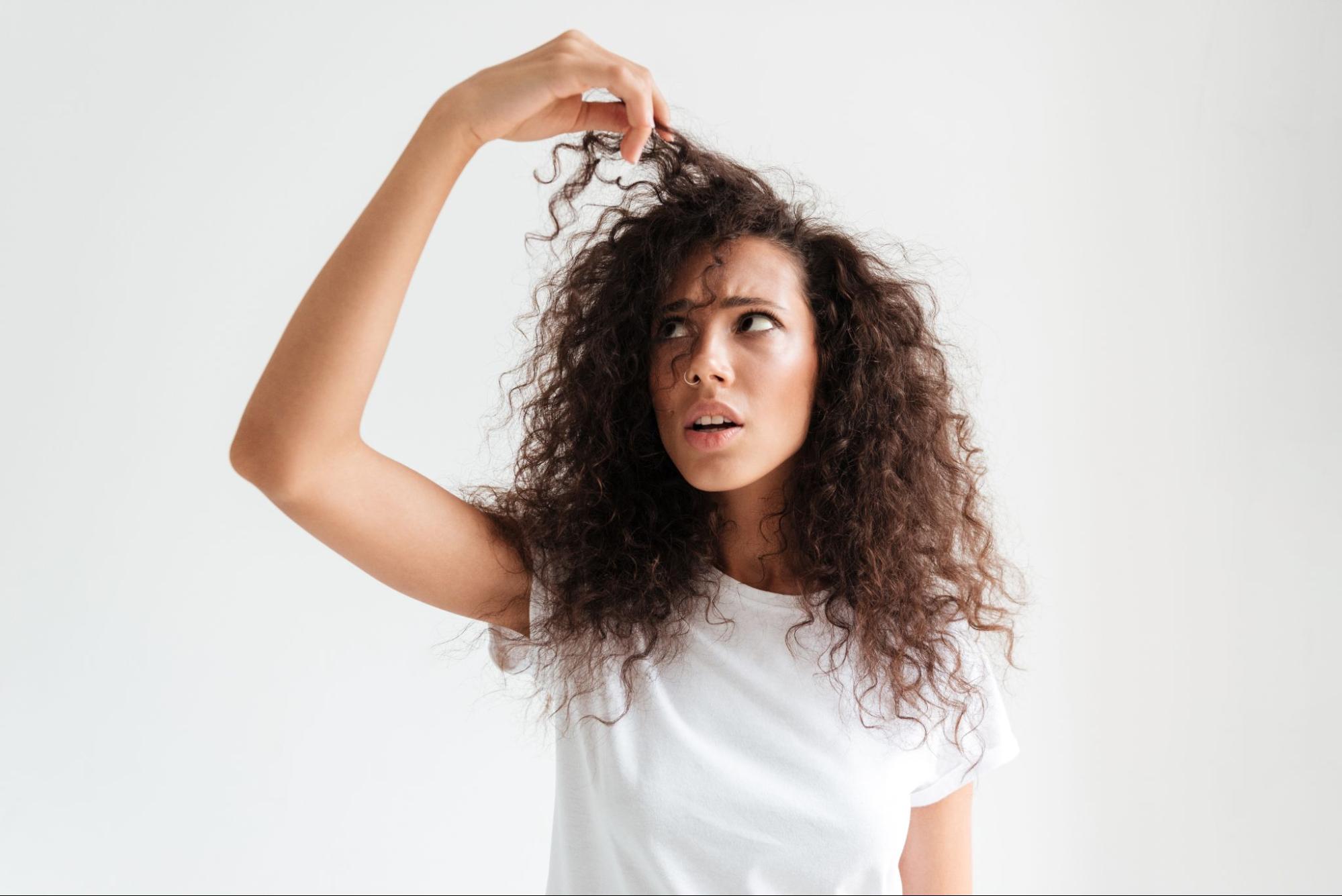
Everything you want to know about curly hair
Everything you want to know about curly hair
Curly hair adds a special charm to your look, with its softness and varied waves that create a charm and attractiveness to any hairstyle. But at the same time, curly hair owners may face some challenges in caring for and styling it. This article aims to be your comprehensive guide to understanding everything related to curly hair, from its types and characteristics, curly hair care , to the appropriate care routine, to face the challenges and problems of curly hair and highlight its beauty.
What is curly hair?
To get to know curly hair well, it is hair with a wavy appearance with different degrees of waviness and curls, where the strands intertwine and take a natural curve that distinguishes it from smooth and straight hair. The waves in curly hair range from light waves to tight curls, and curly hair is distinguished by its unique beauty and amazing diversity, as its waves range from soft and playful waves to thick curly strands. By understanding the nature of your curly hair, you have started your first step in caring for it properly and revealing its natural beauty.
Curly hair categories and types:

Curly hair is classified using a letter-number system, where the letter refers to the wave pattern and the number refers to the degree of curl. A refers to wavy hair with loose curls, B to curly hair, and C to curly hair with tight curls. The number refers to the density and degree of curl, with the higher the number, the more dense and wavy the hair. We will discuss them in detail later.
Characteristics of curly hair:
Curly hair has many characteristics, and there are many challenges. Which must be noted and treated with solutions appropriate to the nature of each type of curly hair. This is a group of the most important characteristics of curly hair.
- Humidity sensitivity: Curly hair is greatly affected by humidity in the air, which may cause it to become excessively curly or lose its shine.
- Frizz: Curly hair tends to dry out and frizz easily, which can make it look frizzy and unruly.
- Elasticity: Curly hair is highly elastic, making it easy to shape and style.
Benefits of curly hair:
Curly hair has an attractive and beautiful appearance. It is worth noting that there are some benefits that are no less important than the attractive appearance of hair:
- Natural Volume: Curly hair adds natural volume to the hair, making it ideal for those with thin hair.
- Healthy hair: If you take care of your curly hair properly, you will enjoy more vitality for your hair and comfort for the follicles.
- Rich Texture: Curly hair has a soft and rich texture, giving it an attractive appearance.
- Variety of hairstyles: There are many hairstyles that suit curly hair, giving its owner the freedom to change and renew.
How to determine your curly hair type
As we mentioned before, curly hair is classified into 3 main types, and there are many ways that enable you to know your curly hair type and then determine the ways to care for it. With simple steps and after reviewing the chart of curly hair wave types, you can determine the hair type and the wave pattern that suits your hair.
Wave types chart
To help you classify your hair's curl type and learn the basics of curly hair, use our curl type chart, which has 3 main categories.

- (Wavy Hair Style - A) Type A hair waves are characterized by loose, soft curls, and include:
2A: These are slight ripples that are sometimes almost invisible.
2B: More pronounced waves with an S-shape.
2C: Well defined waves with medium density.
2. (B-Curly Hair Pattern) Type B hair waves are denser than type A, and include:
3A: Tight corkscrew-like ripples.
3B: Tight waves with high density.
3C: Tightly curled waves that resemble a zig-zag.
3. (Curly Hair Style – C) Type C curly hair is thick and has tight curls, and includes:
4A: Fine, curly waves that resemble wool threads.
4B: Dense, curly, sponge-like waves.
4C: Very tight, curly waves that resemble a zig-zag.
You can determine your curly hair type by observing its characteristics, such as:
- Wave size: The tighter the wave and curl, the thicker the hair type.
- Wave Shape: Wave shapes range from S to Z, with irregular waves in between.
- Hair density: The thicker the hair, the more prone to frizz.
- Hair elasticity: The more elastic the hair is, the easier it is to style.
- Hair's response to humidity: Curly hair tends to frizz more in humid weather.
Tips to determine your curly hair type:
There are many ways to know and determine your curly hair type, and this method is one of the easiest methods as you can do it from your home at any time.
- Wash your hair with a sulfate and silicone-free shampoo, and let it dry naturally.
- Notice how your hair curls after it dries.
- Determine your hair type using the online hair type chart.
Learn about the different types of products for curly hair
Common curly hair problems
Despite its unique beauty, curly hair owners may face some challenges in caring for it. Here are some common problems you may face:
-
Dryness and volatility:
Causes : Curly hair is naturally dry, with the scalp not secreting natural oils, in addition to excessive washing of the hair or using harsh products, which are the most important causes of dryness and frizziness in curly hair. Exposure to heat and sharp tools may also increase the problems of dry hair.

Solutions :
- Use a shampoo and conditioner specifically for curly hair.
- Moisturize hair regularly using appropriate creams or oils.
- Avoid excessive hair washing.
- Use a heat protectant when styling your hair with heat styling tools.
2. Tangling and breakage:
Causes : The curly nature of curly hair, and lack of moisture in the hair. The most important causes of tangling and breakage of curly hair, as well as combing the hair while it is wet using an inappropriate brush, or sleeping on wet or combed hair. All of these practices may also contribute to aggravating curly hair problems and breakage.

Solutions :
- Gently comb hair after washing using a wide-toothed comb.
- Use a conditioner to detangle your hair before washing it.
- Moisturize hair regularly using creams or oils.
- Avoid combing wet hair.
- Wear a satin or silk head covering when sleeping.
Learn more about the basic steps in a curly hair care routine.
3. Loss of definition and size:
Causes : Lack of moisture in the hair, using heavy products, and not styling the hair properly may contribute to increasing the loss of volume and definition in your curly hair strands.
Solutions :
- Moisturize hair regularly using creams or oils.
- Use light-volume products designed for curly hair.
- Styling hair using techniques such as pressing the strands or using a comb specifically designed for curly hair.
You can also view more curly hair styling techniques and methods to learn more curly hair care solutions.
Finally, curly hair, with its advantages and characteristics, adds a special beauty to your appearance and hairstyle. By understanding its characteristics and needs, and taking care of it properly, you can highlight its natural beauty and enjoy the variety of its wonderful hairstyles.
Note: This article is your general guide to curly hair care . Your individual hair needs may vary, so it's important to consult a qualified hairstylist for advice tailored to you.

